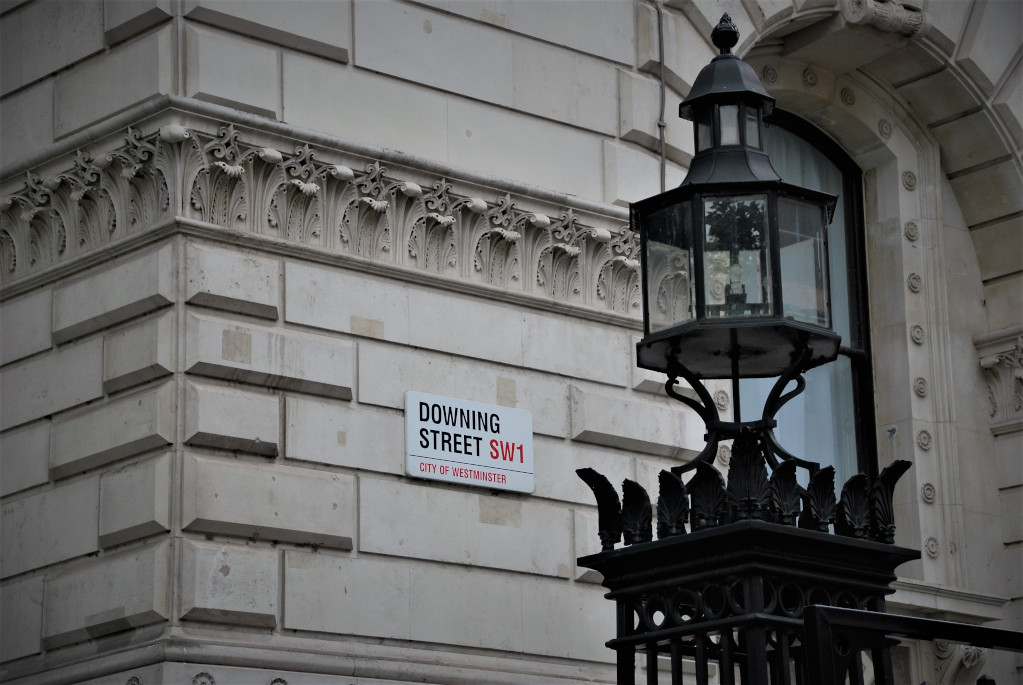What the DFID/FCO merger means for Cynosure
Cynosure is a UK registered company specialising in monitoring and evaluation of government programmes, with a particular emphasis on international development.
For several years, the UK Department For International Development (DFID) has been one of its main clients.
The effect of the restructuring of DFID and the Foreign and Commonwealth Office (FCO) into the new Foreign, Commonwealth, and Development Office, which is due to be complete in September 2020 represents a change in the landscape of international development that will result in an adjustment in our approach to delivering services.

We think the emphasis on trade and investment will stay the same…
Over the last ten years, under a joint-Conservative-Liberal-Democrat government and now under the present Conservative government, the rationale for international development programming has already been moving towards private sector development.
Over this period, Cynosure has become involved in Lower Middle-Income Countries (LMICs) of Ghana and Myanmar, where DFID programming has focused on business enabling environment reform and capacity for tax collection. Joint UK government department funding mechanisms like the Prosperity Fund have also introduced thinking around capturing the UK benefit in development programming.
While the UK remains committed to the target of spending 0.7% of GNI on overseas development, given the direction the industry has been going and the realities of a post-Brexit Britain, we believe the UK government will increasingly use overseas aid funding to bolster UK trade and industry with DFID target countries, which are predominantly Commonwealth and ex-Commonwealth countries in the developing world.
This will be done both by using the funding to leverage bilateral trade deals with target countries and by increasingly investing in industries which have a connection to UK trade, either as export markets or as sources of imports. Cynosure is developing a knowledge of measuring opportunities for UK trade and investment in developing countries both for the UK government and for private sector companies who may be interested in investing post-Brexit.
…but the emphasis on monitoring and evaluation may change.
The Department for International Development is a leader in the development industry for its rigorous evidence-based approach to monitoring and evaluating the effectiveness of its programmes. Monitoring and evaluation provides accountability for taxpayer money spent on international development and allows the UK government to make decisions as to which interventions should be scaled up, scaled down, or discontinued.
Gathering this information is difficult under the best of circumstances, with good quality national data and statistics, and is made even more challenging in the countries in which we work.
We specialise in statistical measurement techniques including randomised controlled trials and quasi-experimental methods, which provide another way of measuring changes as a result of programming when national statistics are unavailable or unreliable. However this approach requires dedicated programme resources and a management culture that appreciates the value of robust data.
There is an industry-wide concern that Foreign and Commonwealth Office does not have a culture of rigorous monitoring and evaluation that comes with large-budget spend. As the two departments merge, we will be looking for signs that the new Foreign, Common, and Development Office has adopted a rigorous approach to monitoring and evaluating its initiatives commensurate with its budget.